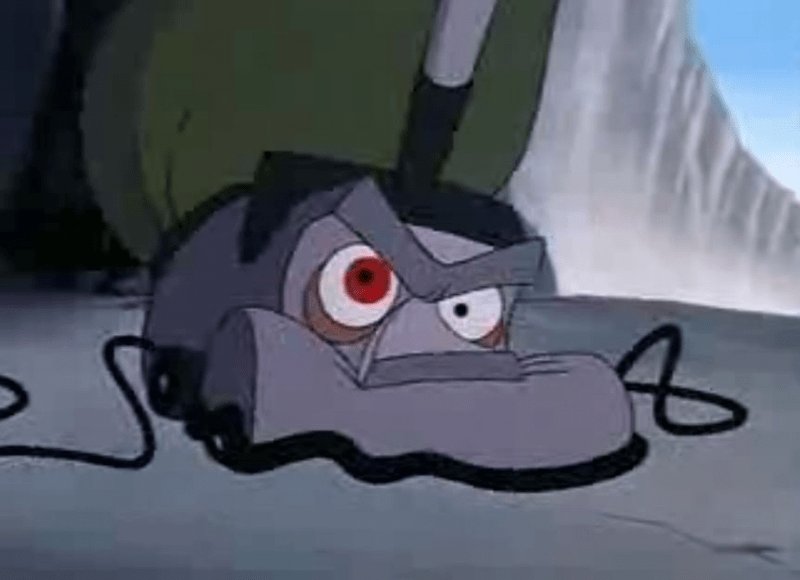The More Involved Solution: Training Dogs to Overcome a Fear of Vacuums
The goal of vacuum training is to help change your dog’s perception of the vacuum, taking it from nemesis to occasional nuisance. The key is working slowly, particularly if your dog has a long-standing fear of it.
Why Are Dogs Scared of Vacuums?
Dogs are often afraid of vacuums for a simple reason: They’re loud and have a strange, confusing odor (remember that our dogs’ primary sense is their sense of smell. ) Vacuum cleaners also look strange and alien.
Our dog’s sense of hearing is also much more sensitive than ours, making loud noises a whole lot less tolerable. Combine that with the anticipation of the ensuing turmoil, and we have created our own vacuum monster!

In a normal household, you likely only bring out the vacuum once, maybe twice per week (give or take). So, our dogs do not have the time to familiarize themselves with the device and become comfortable with it.
So, every time the vacuum comes out and startles or frightens your dog, her anxiety builds.
Eventually the emotional reactions become a learned behavior; just the sight of the vacuum can trigger barking and hyperarousal. This can lead to zuigerphobia — the fear of vacuum cleaners.
Should You Throw Away Your Vacuum?
You’re probably feeling ready to throw away your vacuum cleaner now, aren’t you? But, you shouldn’t discard it. Here’s why:
What should you do then? There are several ways to help your dog or pup overcome their fear of vacuums.
Socialization plays a significant role in how much noise your dog can handle. So, managing your dog’s fear starts with preparing them for the sounds they might encounter in daily life. Of course, this may be harder for older dogs.
The best time to train your pup and expose them to new and different experiences is around the age of seven weeks to four months. If you buy your pup from a reputable breeder, you may find that the process started earlier than seven weeks (7).
If your vacuum cleaner has suction settings, start by adjusting it to the lowest setting. Turn it on for a couple of seconds at a time in the presence of your pup. Watch their reaction and praise them for staying calm.
Gradually increase the time and up the suction settings. Always offer them a special treat for staying calm to reinforce the good behavior.
An old dog can learn a new trick after all. Desensitization involves making the dog less sensitive to sounds, people, or objects that trigger an exaggerated emotional reaction.
Start by exposing them to a weaker version of the thing they fear in a non-threatening way. Over time, the dog may get used to the weakened version of the feared sound.
Gradually increase the vacuum’s intensity until you reach the normal sound exposure (8). Here are some ways to desensitize your dog to vacuums:
Why do Dogs Hate Vacuum Cleaners?
Does your dog run and cower when you bring the vacuum out? Or maybe he lunges and barks at the vacuum? Vacuums are among the sounds dogs hate. Professional dog trainer Marj Ediger explains why dogs are scared of vacuums and what to do about it.